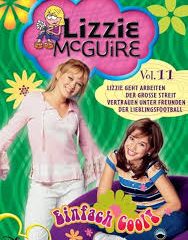Emile: A Cultural Icon in Modern Literature

Introduction to Emile
Emile, or On Education, is a monumental work written by the French philosopher Jean-Jacques Rousseau in 1762. It is not just a treatise on education; it delves into the development of a person’s character and morality. Rousseau’s ideas have critical implications in today’s educational frameworks and continue to resonate in modern discussions on upbringing and societal structure.
The Importance of Emile
The relevance of Emile in today’s context lies in its revolutionary ideas about education and human development. Rousseau proposes the idea of natural education, advocating that learning should be tailored to the individual rather than a strict curriculum. In an era where standardised testing often overshadows personal growth, Rousseau’s insights urge educators and parents to focus on nurturing emotional and social intelligence alongside academic achievement.
Current Interpretation and Adaptation
In recent years, Emile has seen a resurgence in interest, particularly among educators and parents seeking alternative approaches to education. Workshops and seminars inspired by Rousseau’s philosophies are being conducted globally, aiming to promote child-centric education models. Many modern educational frameworks, such as Montessori and Waldorf, draw heavily from Rousseau’s principles, placing emphasis on exploration, creativity, and intrinsic motivation.
Conclusion
The ideals presented in Emile are increasingly significant as society grapples with the complexities of raising individuals who are not only knowledgeable but also emotionally and socially adept. As the world continues to evolve, the dialogue stimulated by Rousseau’s work encourages a re-examination of pedagogical strategies, advocating for a more holistic approach to education. The challenge remains for contemporary society to reconstruct education in a way that respects individuality while fostering a sense of community and coherence.









